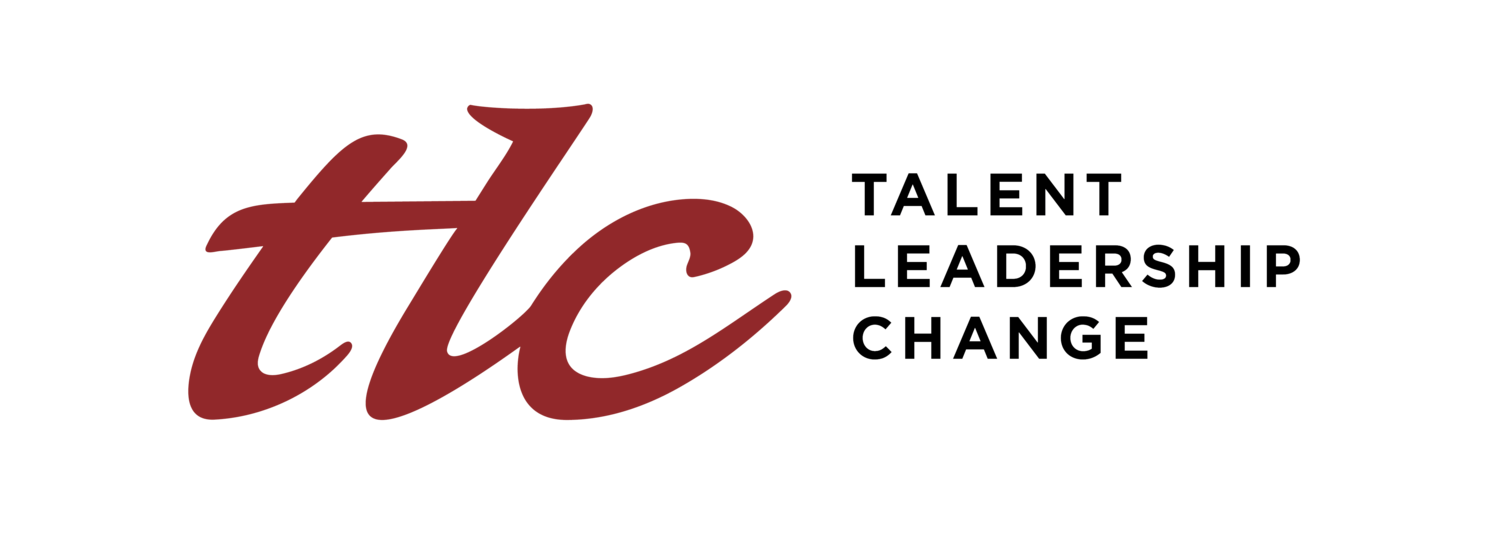Aging in a Radically Changing World: How to Prepare for a Longer, Meaningful Life
The past week was a stark reminder of life’s fragility. My 92-year-old father exhibited signs of a stroke, prompting an urgent trip to the emergency room. Sitting there, watching the medical team work swiftly, I found myself stepping back and asking:
People are living longer than ever, yet the world remains a challenging place—filled with uncertainty, rapid change, and, at times, isolation. At 66, how might I prepare for a longer life—not just to survive but to thrive? What radical changes must I embrace now to ensure a purposeful, meaningful, and joyful future?
Aging is inevitable, but how we experience it—whether with fulfillment or frustration—depends on the choices we make today. Using the Adaptive Action Framework, I explore three key questions:
What? The global trends shaping how we age
So What? The personal and societal implications of these trends
Now What? The shifts we need to make to ensure that aging is not just about longevity but about living well
WHAT - Understanding the Demographics of Aging
Aging is a global phenomenon that is reshaping societies. Some key trends stand out:
The world is aging rapidly. By 2050, the global population aged 60 and over is expected to reach 2.1 billion, more than doubling from 900 million in 2015. (FT)
Asia is at the forefront of this shift. China’s population shrank for the third consecutive year in 2024, and Japan has been declining since 2008. The Philippines is also seeing a growing elderly demographic. (AP News)
Longevity is increasing, but quality of life remains uncertain. While more people are living into their 80s and 90s, many struggle with chronic illness, financial insecurity, and social isolation.
These statistics raise crucial questions: How can we redefine our sense of purpose in later years? What structures need to be in place to ensure aging is not synonymous with decline but with continued growth and contribution?
SO WHAT – The Realities and Ramifications of Aging
Aging is not just an individual experience—it has ripple effects on families, workplaces, communities, and entire economies. My father’s Transient Ischemic Attack (TIA) and Hypoglycemic condition was a wake-up call, not just about his health but about the larger realities I, and so many others, will face as we grow older.
Redefining Purpose: Who am I beyond my career?
Many people associate purpose with work, but what happens after retirement? Some find meaning in coaching and mentoring, volunteering, or pursuing long-neglected passions. As I reflect on my own life, I ask: What brings me deep fulfillment? How can I continue to contribute in a way that energizes me?Adapting to Physical and Cognitive Changes: How do I maintain autonomy?
Aging comes with changes—slower reflexes, occasional forgetfulness, and new health concerns. But it doesn’t mean losing independence. Science shows that staying physically active, mentally engaged, and socially connected can significantly slow cognitive decline. What daily habits should I adopt now to sustain my well-being long-term?Challenging Stereotypes: Why do we fear aging?
Society often frames aging as decline rather than evolution. We admire youthful energy but overlook the wisdom and perspective that come with age. The elderly are sometimes treated as burdens rather than valuable sources of experience. How can we challenge these limiting beliefs and create a culture that celebrates aging as a time of contribution, not just care?Strengthening Intergenerational Bonds: What role do younger generations play?
Families are changing—more young people are moving away for work, and traditional caregiving structures are shifting. Intergenerational relationships can provide emotional support and exchange of wisdom, but they need to be nurtured. How can we build stronger bridges between generations so that knowledge, values, and support flow both ways?Ensuring Policy and Systemic Support: Is our society ready for an aging population?
Many healthcare systems are reactive rather than proactive. Instead of focusing only on treatment, we need policies that emphasize prevention, early intervention, and holistic care. How can I advocate for a system that not only treats the elderly but empowers them to live fully?
As I process these realities, I recognize that aging well isn’t just about personal effort—it requires a collective shift in mindset, culture, and policy.
NOW WHAT – Creating a Life of Purpose, Health, and Connection
We don’t have to wait for old age to make changes. The key to a fulfilling later life is to prepare for it today. Here’s how we can start:
Redefine Purpose. Find meaning beyond professional achievements. Engage in coaching and mentoring, community work, or creative pursuits. What legacy do I want to leave behind?
Prioritize Health. Exercise, eat well, and challenge your mind daily. Invest in well-being today to ensure a longer, healthier future. Am I making choices that future me will thank me for?
Challenge Ageism. Advocate for policies and cultural shifts that respect and empower older adults. Speak up when you see discrimination. How can I shift my own biases about aging?
Strengthen Relationships. Stay connected with family and friends. Build intergenerational ties that enrich both younger and older people. Who are the people I want to grow old with?
Advocate for Better Systems. Support policies that prioritize aging with dignity—whether in healthcare, workplace flexibility, or community design. What structures need to change for everyone to age well?
Aging is not about fading away—it’s about evolving. The choices we make today shape the life we will have tomorrow. As I sit with my father, watching his resilience in the face of illness, I realize: The time to prepare for aging is now.
Final Reflection: How Do You See Your Own Aging Journey?
Aging is inevitable, but suffering through it is not. We can redefine what it means to grow older—not just in years, but in wisdom, connection, and purpose.
What steps are you taking today to ensure a vibrant, fulfilling life in your later years?
Let’s start the conversation. Because aging well isn’t just about reaching a number—it’s about living fully, every step of the way.
Be a member of The TLC Solution Community and let us help each other navigate our aging adventures!
- Susan Grace Rivera
Date Posted: Mar. 12, 2025


